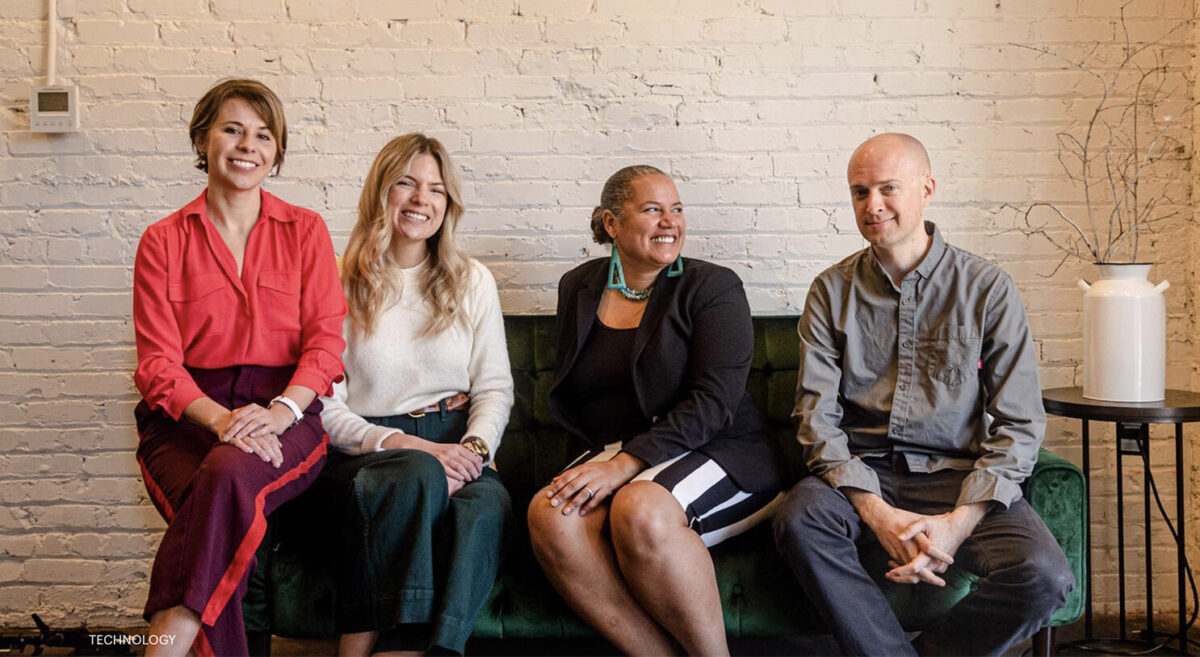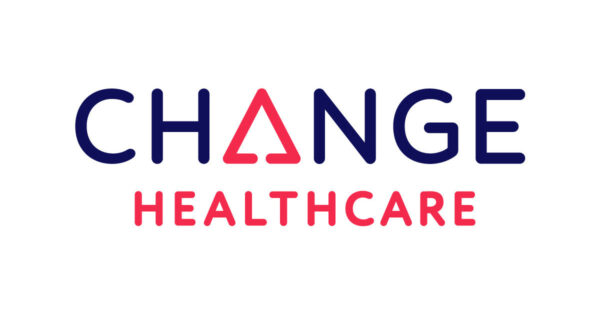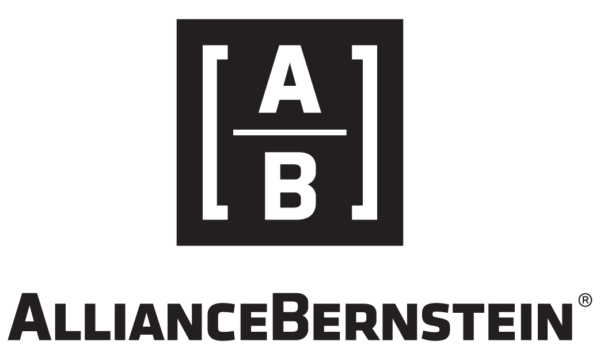The strength of a startup’s business concept can be measured by observing the ways the company positively impacts its community and improves the lives of its users.
Possip is a great example of a new company that is having just such an impact. The edtech company is a platform that allows schools the opportunity to survey the parents of attending students via weekly SMS prompts. In less than 60 seconds, parents of students can provide crucial feedback. These data points are collected by the schools, and administrators can chart the trends of the data. This allows the administrators the opportunity to have a greater picture of how students and faculty are performing in the classroom in something approaching real time. As a result of this information, the scope of the dialog between students, parents, and teachers becomes much more comprehensive. Simply stated, instead of educators only hearing from parents when there’s something wrong, Possip provides an overall look of how a school’s teachers are engaging with students.
Turning critical feedback into praise—by surfacing what’s working in the classroom—is an essential goal for Possip, as the company’s very name is a mashup of the words “positive gossip.” Clearly, this more positive approach is working. Possip’s website boasts some pretty big numbers, with 700+ schools using Possip for parent engagement, 100+ languages translated for schools and parents via Possip, 400K parents routinely surveyed through Possip, and 90 percent customer retention year over year.
Founder and CEO Shani Dowell’s story behind the launch of Possip is an empowering one that is about knocking down walls. As shared in the Nasdaq Entrepreneurial Center “Faces of Entrepreneurship” feature, “Dowell’s efforts to eliminate socioeconomic, language, and other barriers to parent-school communication have led to her being the first African-American woman in Tennessee to raise $1 million for a start-up.”
Shani’s goal was to give students, parents, teachers, and everyone who is part of the ongoing discussion about education their own voices. As a former teacher and school recruiter, she noticed that many avenues of communication for parents and teachers were one-lane conversations.
“I was really focused on the impact of what I thought was possible—in terms of the impact for schools, in terms of the impact for families,” Shani recalls.
Shani notes that there are approximately 130,000 schools across the U.S., and very few have a means to engage education stakeholders outside of email or social media. From both her personal experiences in education and the research she’s done, Shani believes that the challenges posed by most one-way school communication mean that only the most determined parents reach out to educators. Unfortunately, this usually means that conversations about a child’s education are tilted in a negative direction.
“Over the past couple of years, schools and districts are being called on to make very quick, high stakes decisions that are going to affect the lives of their staff and family members. And I knew that they were going to need a way to hear more consistently from their families,” Shani says. Such high stakes decisions include the prospect of remote learning brought on by the pandemic, and increasing sensitivities to the needs of diversity and inclusion. Knowing that schools need ways for every child’s family to communicate with faculty effectively, Possip exists to facilitate this communication.
Shani explains, “I think part of what makes our product so successful and unique is that it was forged thinking about the diverse country we have, including socioeconomic, racial, and linguistic diversity.”
Living in Nashville and seeing the many kinds of families that call Music City home, she was well aware of how effective communication between parents and teachers could improve the educational experience for a student. However, as a woman of color working in education, Shani knew that the traditional systems of communication in schools simply weren’t designed to serve the needs of everyone. The problem was simply too big, and would require its own solution.
Singularly qualified by her experience, Shani was determined to fix the communication problem plaguing schools. So, in 2017, she founded Possip via self-funding, hoping to expand the business as much as she could without being reliant on others.
“It was definitely hard those first couple of years that I started. I was working full time, and I had another job as well,” Shani says. In the process of getting the company off the ground, she was able to leverage her experience in education and sign on 40 schools across six states by the end of 2018.
“So we had a real confidence that this thing would be able to grow,” she says.
At that point, Shani had done all she could with the resources that she was pumping into Possip. So, Shani began looking for outside investment.
She was given advice from a local investor, who told her to focus her energies on the people in Nashville, as those investors within one’s own community will appreciate your perspective. Following this advice, Shani found a law firm that taught her how to structure the company and think like an investor—and not an entrepreneur. As a result, Shani was able to master her business pitch. Armed with the right tools, Shani then went to investors familiar with her work as an educator, and sold them on the vision of Possip.
For the education industry, Possip is like an oasis in the desert. Schools are ill-equipped to acquire analytics, which is why there’s such an importance placed on students’ test scores. They lack the tools—particularly software that might get seen as a frivolous expense by those looking to remove line items from an annual budget—to be able to intake and filter information in a volume comparable to Possip. With an ever-growing parent pool, Possip is gathering insights into the classroom experience that could someday soon revolutionize educational systems. Possip is currently looking into machine learning and artificial intelligence solutions to get greater meaning out of acquired data and spark further growth as a company.
Possip works because it has the right philosophies behind its technology. The company adopted SMS because it was the simplest, most direct, and most private method of text-based communication with parents. Because Possip opted for a simpler approach, it was easier to use and attracted more parents. Possip uses Twilio to send and receive text messages, and is part of the social cause side of the business Twilio.org since it’s a company with social purpose. And since it lacks a political agenda, Possip is able to partner with different nonprofits in the education space to provide honest research data.
Reflecting on what she’s learned from her own entrepreneurial journey, Shani has a few recommendations for others who want to follow in her footsteps. First, put a team together.
“I would definitely say, ‘Find trusted advisors and listen to them,’” she offers. “Keep in mind ‘What are you trying to build? Who are you? And what works well for you and the company that you’re trying to build?’” She recommends that those seeking investment only take advice on such matters from sources that they fully trust, as there’s a lot of well-meaning but bad advice given in the world of startups. What might work for someone else, might not work for your venture, and vice versa.
The second piece of advice Shani offers is “communicate and narrate.” Be it with friends and family or in an investor meeting, one should always be willing to make the case for their startup, always keeping handy a list of updates detailing what the business has accomplished.
Shani says that her story is one of many successful stories of Black entrepreneurship in Nashville.
“I think the growth of Black entrepreneurship is going to be great,” she says of the prospective success of the area’s technologists and business owners of color. “What I’m seeing in terms of momentum from where this city was with Black entrepreneurship five years ago versus where it is now. Five years ago, I feel like there was a much shorter known list of Black entrepreneurs. ‘Okay, here’s a list of people.’ I think we’re going to get to a place where that list is so long and comprehensive. People will have to ask first, ‘What industry?’”
For further information about Possip, be sure to visit its website and social media.









